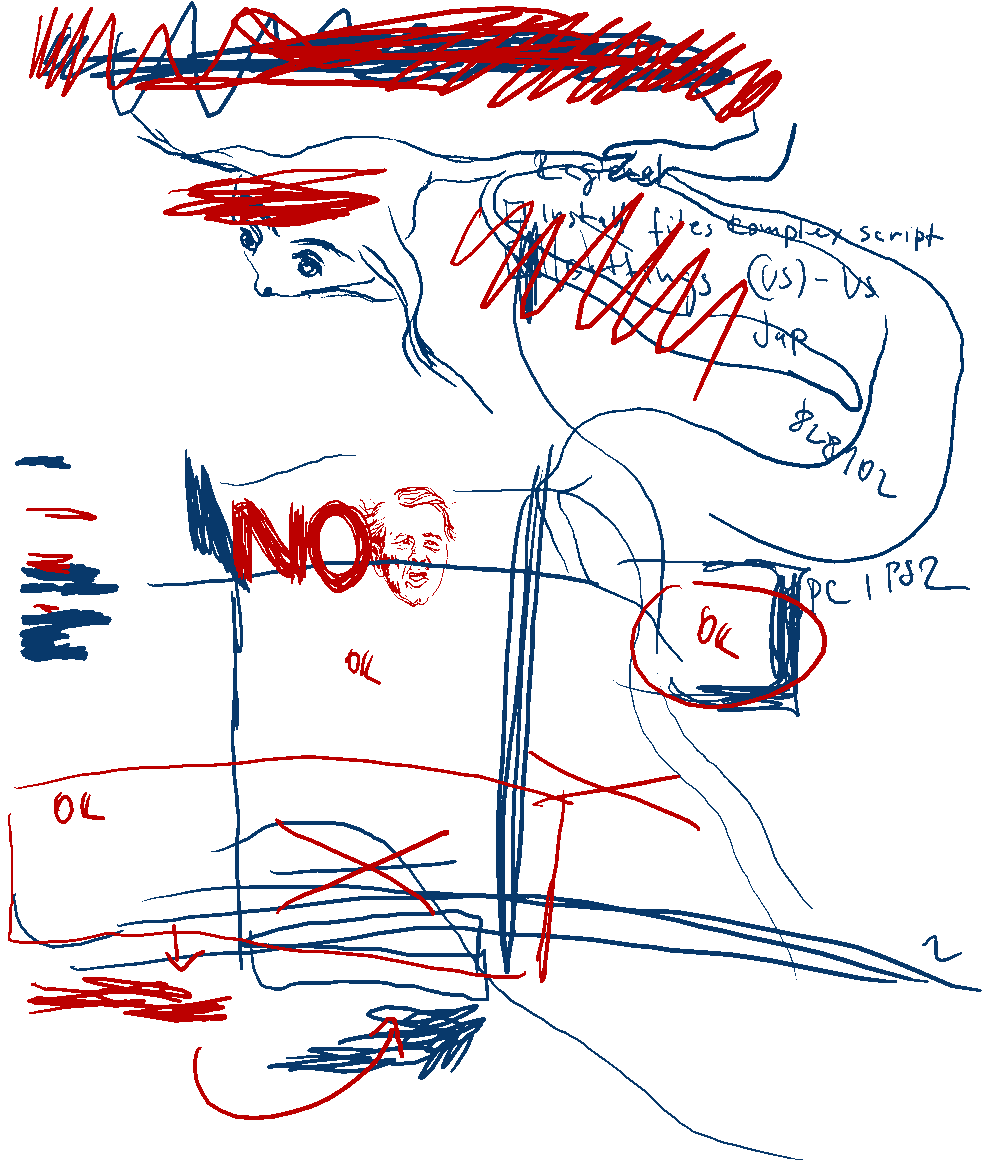Kamila Valieva’s fourth-place finish in the women’s singles skating has penned the next chapter in a story that is certain to rumble on far beyond the Beijing Games.
The Russian figure skater has been at the heart of a doping scandal that can be traced back to December 2021, when the 15-year-old tested positive for the banned heart drug trimetazidine.
However, the test was only analyzed and reported to Russia’s Anti-Doping Agency (RUSADA) in February, resulting in Valieva’s suspension on Feb. 8.
The suspension came a day after she had helped the ROC to a gold medal victory in the figure skating team event.
Valieva was reinstated after an appeal, and the Court of Arbitration for Sport (CAS) allowed her to compete in the Olympics, citing specific provisions related to her protected status as a minor, while investigations into any doping violations by Valieva and the adults responsible for her training continue.
The skater’s continued involvement in the Games led US sprinter Sha’Carri Richardson to question the decision — citing a positive test for cannabis that derailed her own Olympic dream in Tokyo last summer.
“Can we get a solid answer on the difference of (Valieva’s) situation and mines (sic)?” Richardson wrote on Twitter.
“My mother died and I can’t run and was also favored to place top 3. The only difference I see is I’m a Black young lady,” she added.
On Tuesday, an International Olympic Committee (IOC) official said that Valieva was blaming the doping violation — in which she tested positive for a heart medication that experts say can improve stamina — on contamination from her grandfather’s medication.
Her coach, Eteri Tutberidze, told Russian state news agency Tass they are “absolutely sure” she is innocent.
The medication’s effects of increased endurance could potentially prove influential following a rule change in 2004 which rewards athletes for performing jumps towards the end of their routines.
Under the current scoring system, jumps performed in the second half of the free skate can get a 10% bonus because it’s more difficult to perform them on tired legs.
Following widespread criticism of the rule in 2018 — with critics alleging that skaters were cramming in jumps towards the back end of performances — the International Skating Union created a new rule saying skaters will only get 10% bonuses for up to three jumping passes in the second half of their free skate.
It was under this context and unprecedented pressure that Valieva competed in the individual event, yet the 15-year-old posted the highest score in the short program on Tuesday to arrive at Thursday’s deciding free skate in pole position.
Further controversy followed when it was announced by an IOC spokesperson that any result involving Valieva in the women’s individual event would carry an “asterisk” until her case has been concluded, and as such, there would be no flower or medal ceremony.
Yet after multiple falls in her free skate routine, Valieva’s fourth placed finish left her just outside the podium places. Subsequently, the medal ceremony is set to go ahead on Friday, Feb. 18, according to the official Olympics media website.
However, despite Valieva falling out of the individual medal positions, the fallout from the scandal is sure to taint the Games as the investigation continues on.
Read the full report here.































